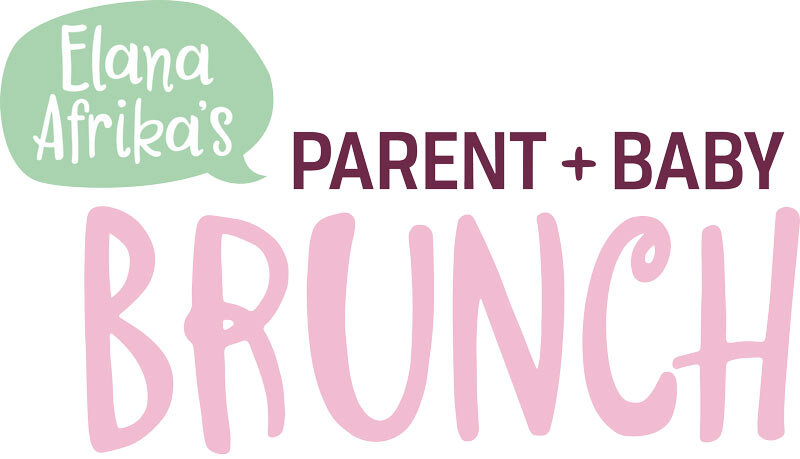Autism, Parenting and Laughter
Who better to talk us through autism from a parent’s perspective than Karen Jeynes, mom to a talented young man with autism?
Read Karen’s honest, enlightening and uplifting answers to some of the questions I posed to her about herself and her son, Tim, and about autism spectrum disorder.
---
How do you introduce yourself to people?
NOT WITH A HANDSHAKE – that's the main thing these days. Safety first.
I'm Karen, I'm a writer, and a mom.
For anyone who only has the internet as a source – What is autism?
Autism spectrum disorder is a developmental disorder that affects communication and behaviour. It is sometimes called Aspergers Syndrome. It looks different in different people, but it affects communication, social interactions, behaviour, sensory processing, flexibility.
It's called a spectrum, not because it's like a volume control from 0 to 100, but because there are a number of different areas that can be affected, and each individual on the spectrum will have different areas that are more challenging for them. It can manifest in repetitive behaviours, fixed interests, difficulty coping in social situations, difficulty understanding and processing emotions, sensory overload, and a feeling of shutting down because of being overwhelmed.
What should everyone know about autism?
It's not an illness. It's not something that you can ‘catch’ or ‘cure’ or grow out of.
People with autism aren't dangerous or violent. In fact, they are statistically far more at risk themselves. Autistic kids aren't naughty; they're just really struggling with the world and don't know how to express things.
As a mom, are there moments that you want to relive?
I think my only answer can be no, because we can't ever go back in time and change things, and we don't know how any changes would affect where we are now.
I'm sure I made mistakes, because nobody prepares you to be a parent and certainly nobody prepares you to deal with anything that's considered different or unusual. I would advise other parents to maybe do certain things differently – be really proactive early on about educating your family and friends, protect yourself from people who aren't willing to engage with your child from a place of love and understanding. There are things that were enormous struggles, like schooling, and things that remain huge struggles. But I can be confident I always did my best.
Would you change anything about your parenting style?
That's hard. I think for who I am and who my kids are, my style has largely worked. We're all alive and we still like each other. I've prioritised values about the world that are central to how both my kids think – justice, kindness, humour. We've laughed a lot. Tim's got a fantastic sense of humour.
I've let go of all the small things. When you have big battles to fight, the small ones are just a waste of time and energy.
What is your message to strangers and people around you that don’t ‘get it’?
Tim often writes Autism Awareness Day and Autistic Pride Day messages, and a common theme that comes up is ‘how does it hurt you?’
I think this is an important message for a great number of things, like people's gender, sexual orientation, etc. If someone is autistic, and they process the world differently – how does it hurt you?
We could all use a little more kindness and understanding. We can all try to extend that to others.
Why does autism make me emotional? Does it make you emotional?
I think that we have a particular reaction to ‘invisible’ disabilities, because they bring home the fact that really any of us could be facing a life where we are at a disadvantage. And with invisible disabilities, people are far less aware of inequalities, and I would say far less inclined to try and rectify them.
It makes me emotional, yes, because I really think we would ALL benefit from rethinking the world a little bit, and make it a place which is more accessible. The way we live our lives is still largely structured around a patriarchal world, where men go to work, women look after the kids, etc. – our 9 to 5 workdays are structured around this, for example. And the world is very much structured around people who are neurotypical [not on the autism spectrum]. But how many of us, even if we are neurotypical, are battling depression, anxiety, stress? We could all do with understanding that our mental and emotional abilities and well-being are as important as the physical.
---
There you have it. There are some life lessons which are universal, and it all starts with kindness and understanding – and humour.
Listen to this very special podcast, where we flip the script and pass the mic to Karen as she interviews her son, Tim. His answers are both thought-provoking and oh-so charming!
Elana x
---
Autism. It is a word that carries so much weight, and often, misunderstanding. What exactly is autism spectrum disorder? Is it something that you as a parent have been confronted with? For the first time in this podcast series, we not only interview an extraordinary mom, but also flip the script as this mom interviews her extraordinary son. Baby Brunch The Parenting Series is brought to you by Fedhealth - we let you be you.
Also available on Apple Podcasts, Spotify, Google Podcasts and other major podcast platforms.
